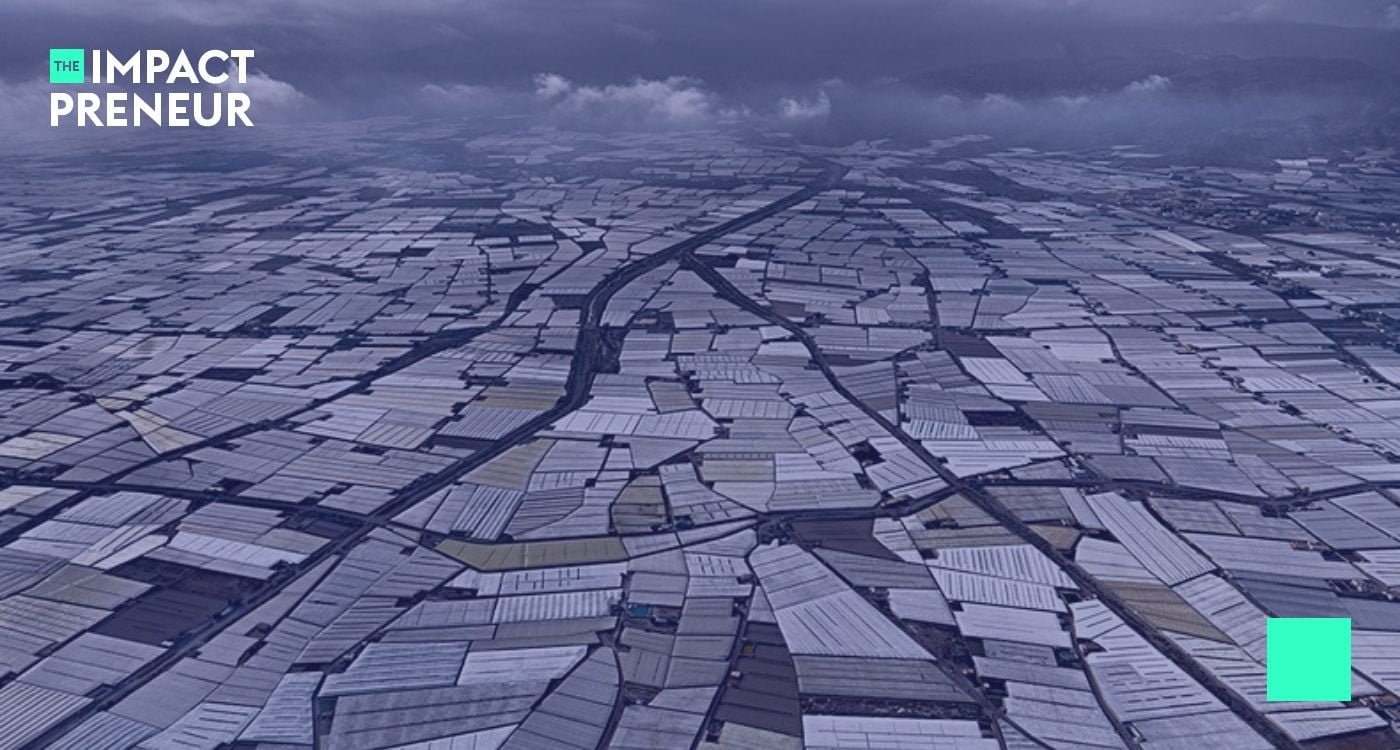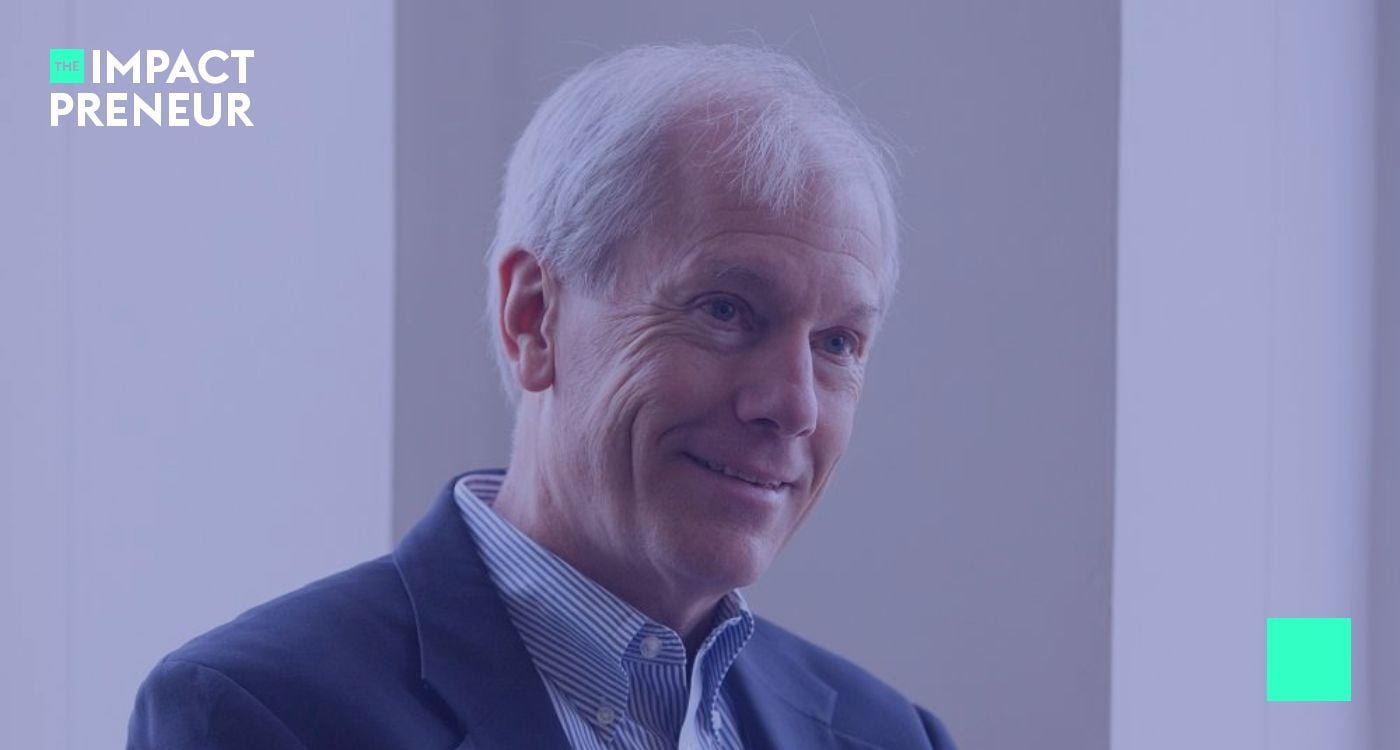Photo: Almeria's Plastic Sea of Greenhouses | Source: Association for Vertical Farming
Ever stopped to wonder about the journey of your food before it hits your plate? Welcome to Almería, Spain, where a sea of plastic greenhouses unfolds a narrative far more complex than just agriculture. This is a story of human resilience, environmental challenges, and the fine balance between progress and sustainability.
Quick Bites
- Almería's transformation: A land once arid, now a flourishing hub of agriculture, visible even from space.
- Behind the produce are tales of laborers striving for dignity and farmers grappling with modern challenges.
- Intensive farming here walks a thin line, balancing between bounty and sustainability.
- Amidst adversity, there are glimmers of hope and adaptation towards better practices.
- Understanding the complexities behind your food can inspire more conscious consumption.
The Invisible Cost of Convenience
Have you really thought about the backstory of that crisp, fresh salad you're enjoying? It likely started its journey in a place like Almería, where agriculture meets innovation at a grand scale. The region's sea of plastic greenhouses is a testament to human determination, transforming barren landscapes into productive farmlands.
Yet, this transformation comes at a cost, one not always visible at first glance. Beneath the sprawling plastic covers, there's an intricate story of sacrifice, resilience, and adaptation. Workers endure harsh conditions to bring us our daily sustenance, while the environment bears the brunt of our insatiable appetite for year-round fresh produce.
It's easy to take for granted the availability of such diverse foods, but the truth is, they're the result of an elaborate dance between nature and human ingenuity. And as consumers, it's crucial we recognize the real price of convenience—measured not just in currency, but in labor, water, and ecological balance.
By peeling back the layers of this complex narrative, we can better appreciate the true value of our food. It's a reminder that every bite connects us to a larger, global story—one that deserves our attention and respect.
The Human Element: Labor and Livelihoods
Imagine, for a moment, the life of a worker in one of these vast greenhouses. Day in and day out, they toil in extreme temperatures, nurturing the fruits and vegetables that end up on our plates. Their hard work is a cornerstone of Almería's agricultural success, yet their stories often remain untold, overshadowed by the sheer scale of production.
The reality for many of these laborers is a daily struggle for fair wages and humane working conditions. They are the unsung heroes of our food chain, integral yet invisible, their well-being directly linked to our consumer choices.
Farmers, too, face their own set of challenges. They navigate a tightrope of economic pressures, striving to modernize while preserving the essence of their craft. Their decisions—on technology, crop selection, and labor practices—resonate far beyond their fields, influencing the landscape of agriculture itself.
Acknowledging these human elements enriches our understanding of food. It invites us to consider the broader implications of our dietary choices, fostering a connection with the people and processes that sustain us.
The Environmental Equation: A Balancing Act
Almería's greenhouses are marvels of agricultural engineering, yet they exist within a delicate ecosystem. The methods that enable year-round production also demand significant resources—water, soil, and energy—all of which carry environmental costs.
Water scarcity is a pressing concern. In a region naturally arid, the demands of intensive farming strain local water supplies, highlighting the need for sustainable management practices. The ripple effects of such water use extend far beyond the fields, impacting local communities and wildlife.
Soil health is another critical issue. The quest for productivity can lead to practices that deplete soil nutrients and structure, jeopardizing future agricultural viability. Yet, there are signs of positive change, as farmers adopt methods that prioritize long-term soil vitality over short-term gains.
The story of Almería is a microcosm of a global challenge: how to feed a growing population without compromising the planet's health. It's a reminder that sustainability is not just an ideal, but a necessity, urging us to reconcile our needs with the natural world's limits.
Furthermore, the phenomenon of 'salinization'—where over-irrigation leads to increased salt levels in the soil—serves as a stark warning. It underscores the delicate balance required to nurture the land that, in turn, nourishes us. Addressing these environmental challenges is not just about safeguarding our food supply; it's about honoring our commitment to future generations.
The advancements in sustainable farming practices within Almería offer a beacon of hope. Innovations aimed at reducing water usage, improving soil health, and minimizing chemical inputs are making strides. These efforts reflect a growing recognition that true agricultural success is measured not only in yield but in resilience and respect for the earth.
By embracing these sustainable practices, Almería can continue to thrive as an agricultural powerhouse while preserving the ecological integrity upon which it depends. This journey toward sustainability is not just Almería's to make—it's a path we all walk, through the choices we make every day.
The Path Forward: A Collective Journey
So, what can we, as global citizens and consumers, do to support a more sustainable and equitable food system? Our choices have power, and here are some actionable steps to consider:
- Be Informed: Knowledge is the seed of change. Learn about the origins of your food, the conditions under which it was produced, and its environmental footprint.
- Support Ethical Practices: Choose products that prioritize the well-being of workers and the planet. Look for certifications and labels that indicate fair trade and sustainable farming practices.
- Reduce Waste: Every bit counts. Minimize food waste by planning your meals, storing produce correctly, and using leftovers creatively.
- Advocate for Change: Raise awareness about the importance of sustainable agriculture. Support policies and initiatives that promote environmental stewardship and social justice in the food industry.
- Embrace Seasonality: Enjoy fruits and vegetables when they are in season. This not only tastes better but also reduces the demand for out-of-season produce, often grown in energy-intensive environments like Almería's greenhouses.
In conclusion, the story of Almería's sea of plastic is a poignant reminder of the interconnectedness of our food systems, environment, and social structures. By peering behind the curtain of agricultural production, we gain a deeper appreciation for the food on our plates and the myriad hands that bring it to us. Together, we can forge a path toward a more sustainable and just food future, one conscious choice at a time.
Questions on the Topic
Q: Why are Almería's greenhouses primarily made of plastic instead of glass?
A: Innovation and necessity. Almería's farmers, in a stroke of genius back in 1963, discovered that plastic greenhouses offered a cheaper yet effective alternative to glass. And, voilà! A cost-effective revolution that transformed a struggling province into an agricultural heavyweight, making it a beacon of economic success. Think of it: quality, affordability, and innovation all wrapped up in one clever choice.
Q: How significant is Almería's contribution to the economy through its greenhouse agriculture?
A: It's huge. We're talking a whopping 2 billion euros added to the economy annually, thanks to an expanse of greenhouses sprawled across 318 square kilometers. That's like a sea of productivity! These aren't just numbers; they're a testament to the hard work and ingenuity of 13,500 small farmers who've made the desert bloom.
Q: What are the dark sides of intensive agriculture in Almería?
A: While the greenhouses symbolize prosperity, they also unveil challenges. It's a tale of unintended consequences. From environmental strains like water scarcity and soil salination to social issues like migrant labor exploitation, Almería's success story has its shadows. Yet, it's not all gloom; awareness and change are on the horizon, urging us to ponder and act responsibly.
Q: What steps are being taken to improve the situation for Almería's agricultural workers and environment?
A: Progress is brewing. From stricter regulations on pesticide use to a greater emphasis on sustainable practices, the tide is turning. Collaboration is key. With efforts from organizations like Greenpeace and supportive policies, there's hope for a future where agriculture thrives without compromise, safeguarding both people and planet.




